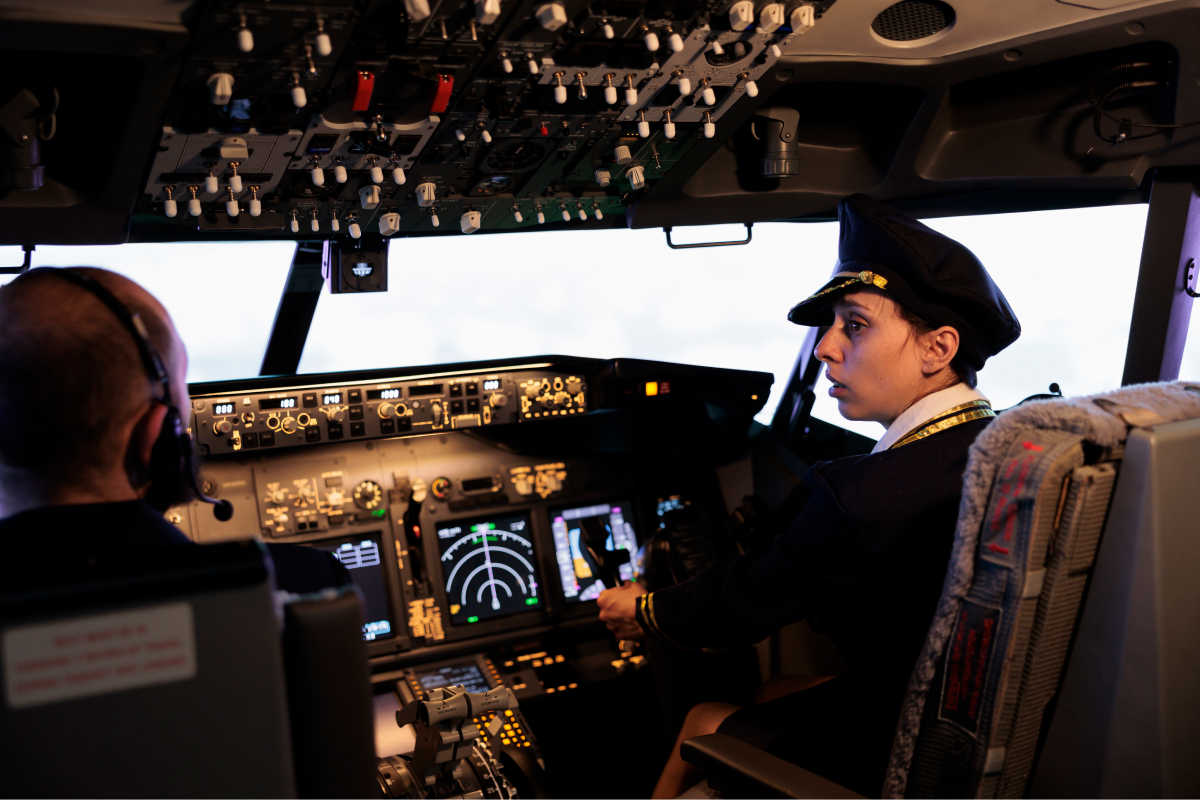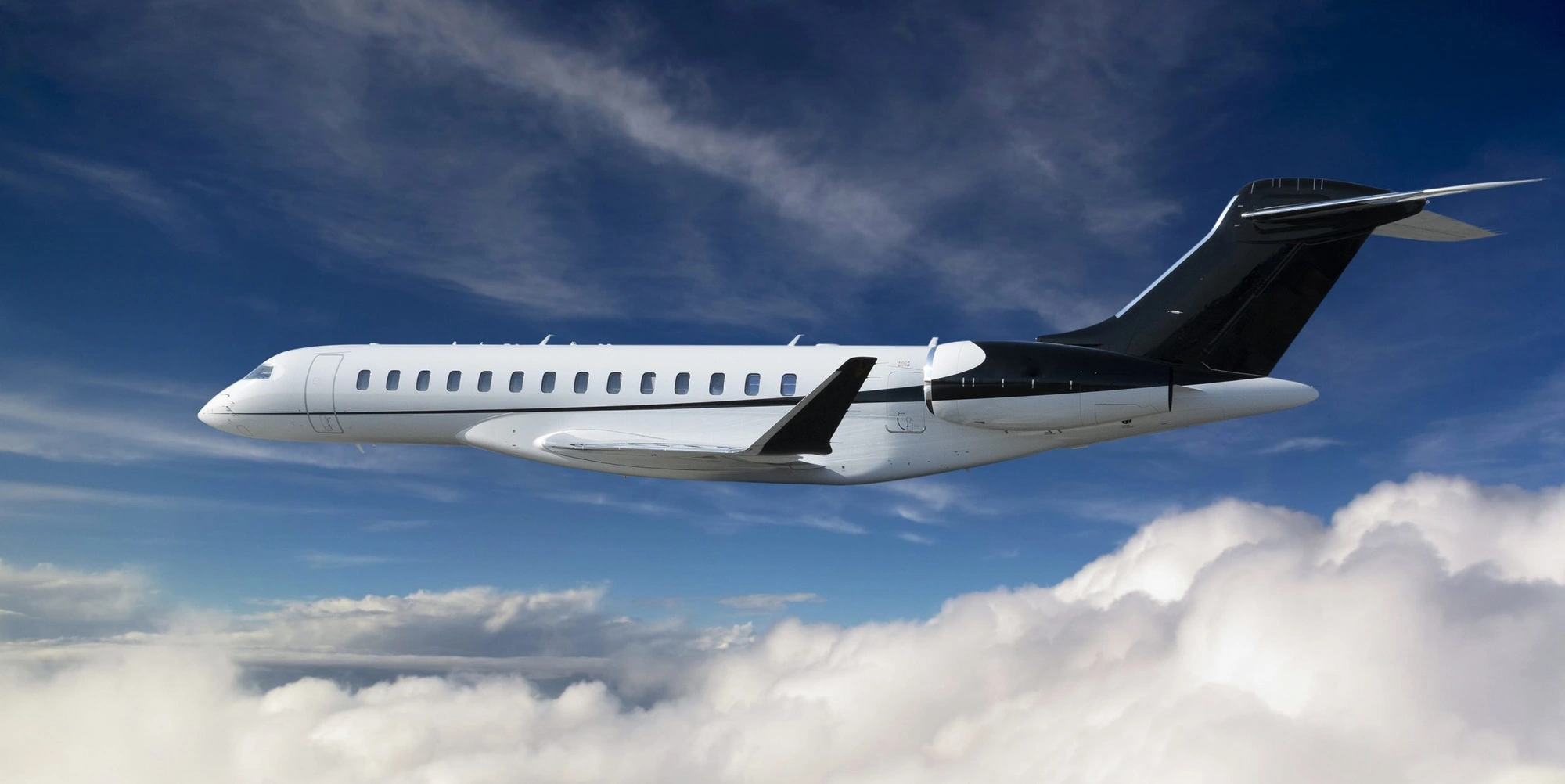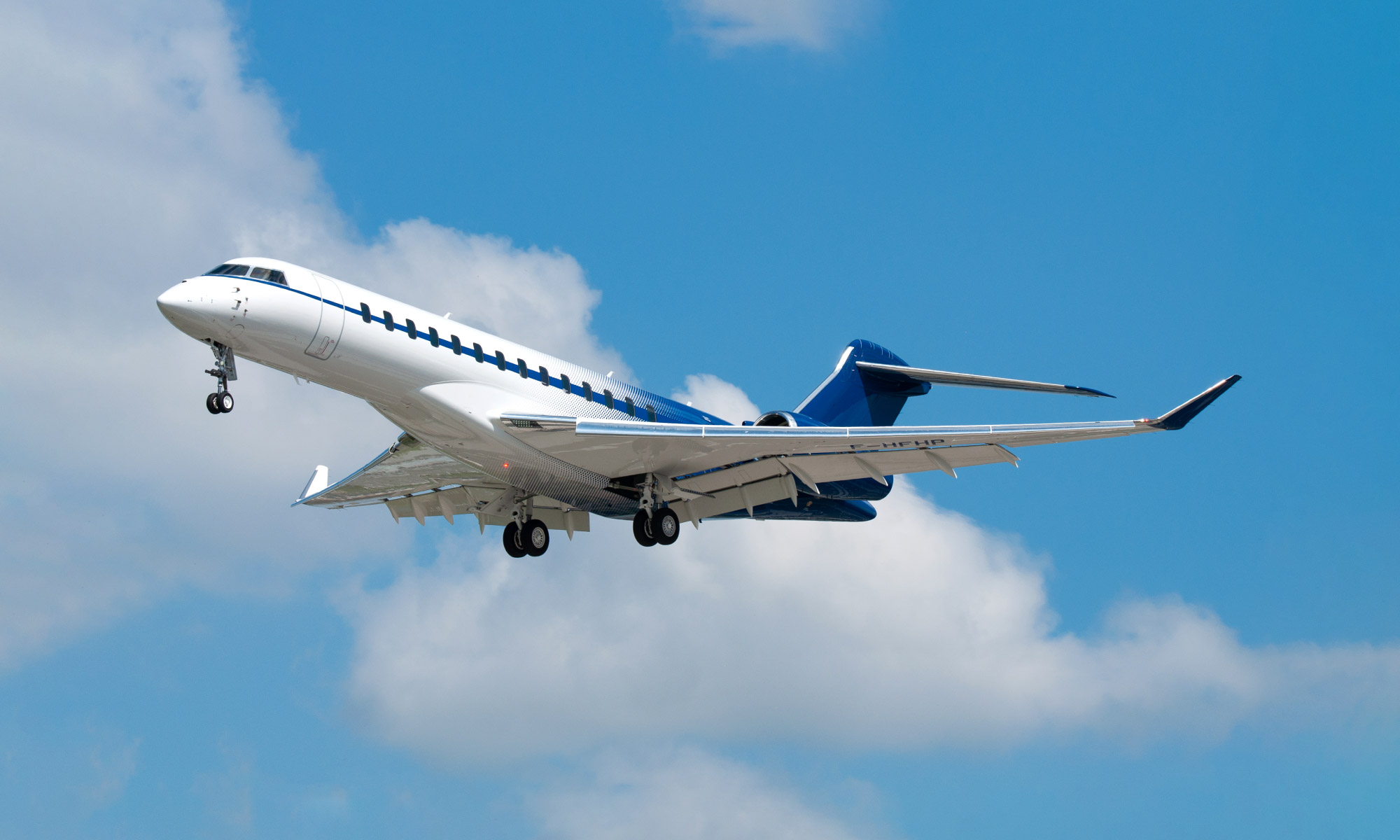Becoming a business aviation pilot is an exciting career with excellent pay
As a business aviation pilot, you may work for large corporations that use private jets for business travel. Another option is to work for charter companies that provide air travel services for small companies or private individuals. Unlike an airline pilot, you will typically fly smaller planes with few passengers. There are certain key steps you need to take to become a business aviation pilot.
Explore education requirements
A business aviation pilot requires a bachelor’s degree or an associate degree. Some of the top schools you can attend to become a business aviation pilot include Stanford University, San Diego State University, and the University of Southern California. A relevant degree could include subjects such as physics, aviation, or engineering. You may be able to receive your training through the military as it offers programs that allow you to earn a bachelor’s degree. Another option is to attend an FAA-certified flight school.
It can be challenging to meet all the requirements to become a business aviation pilot, especially if you’re doing a bachelor’s degree and still need to get in flying hours.
You may need the help of a research paper writer from an online service. Students can get professional help from expert writers at EduBirdie – a known name in the field of academic writing and editing. You fill out an order form, choose a writer, and make a payment which is as safe as it can be. The writer follows your instructions and provides you with the final paper as per the deadline you set. In case you are not happy with the work, there are unlimited revisions available.
Responsibilities of a business aviation pilot
Some of your responsibilities as a business aviation pilot will include:
● Filing an itinerary and flight plans
● Performing pre-flight checks
● Briefing crew before take-off
● Meeting passengers
● Doing safety inspections before and after flights
● Communicating with air traffic control
● Setting up maintenance between flights
Have a medical exam
All pilots have to meet FAA health standards and this involves passing a medical exam that tests your vision, hearing, equilibrium, and blood pressure. An FAA-authorized aviation medical examiner must do the exam. You will need a Class 1 medical certificate if you want to become a commercial pilot.
Gain experience
Turning your theoretical knowledge into practical skills will require extensive training. You will need to learn the skills and techniques you need to do the job. At first, you will train in simulators with a certified flight instructor (CFI) alongside you. Slowly you will pick up the experience you need to first fly a plane with an instructor and then fly solo. After this, you need to work on building up your flying hours.

Get your commercial pilot license
A Private Pilot License (PPL) allows you to fly a single-engine aircraft and it usually takes approximately three months to get it. Earning your Instrument Rating allows you to fly in low visibility weather and getting it can take about two months. The next step is to get your Commercial Pilot License (CPL), one of the pilot requirements for a business aviation pilot.
To get your CPL you have to pass a licensing exam that includes theory and practice. The theoretical part tests your knowledge of aerodynamics and other topics. You need to earn 70% or more to move on to the practical test. The FAA check-ride will test your take-off, descent, arrival, and post-flight skills. You will also have to log at least 250 hours of flight time. This includes 100 hours as the pilot-in-command and 50 hours of cross-country flying.
Your pilot license won’t ever expire but you will need to complete flight reviews with instructors and medical exams at certain times.
Develop your skills
Communication skills are essential as you will need to communicate with the flight crew, passengers, and air traffic controllers. Teamwork skills will enable you to collaborate with ground crew, flight dispatchers, and air traffic controllers to keep your passengers safe. Problem-solving skills will help you to quickly resolve issues during a flight, such as weather complications or mechanical failures. You will also need strategic thinking skills and the ability to remain calm under pressure.
Conclusion
To become a business aviation pilot, you will need to gain theoretical knowledge and practical experience. You will have to pass a medical exam and obtain your Commercial Pilot License (CPL). It will take time to build up the experience and number of flying hours you need but it opens the doors to an attractive career.
Author’s Bio
Maria Rivera dons multiple hats – career advisor, resume and admission essay writer, thesis and dissertation writer. This comes from her natural talent for writing and a zeal to help others succeed in their academic journeys. She has helped numerous students do their assignments successfully and also in choosing the best colleges.

